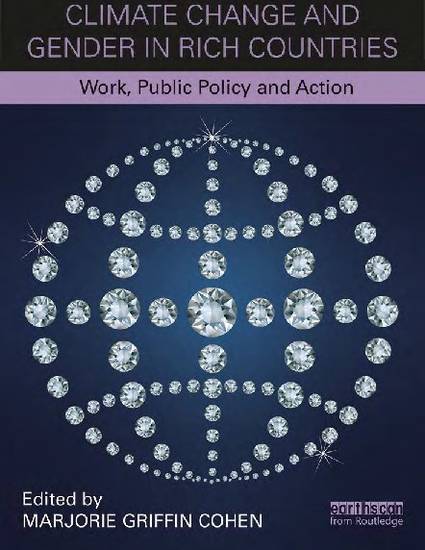
Contribution to Book
Renewable inequity? Women’s employment in clean energy in industrialized, emerging and developing economies
Gender and Climate Change in Rich Countries: Work, Public Policy and Action
(2017)
Abstract
This paper examines existing research and data on women’s employment in the renewable energy sector in industrialized nations, emerging economies and developing countries. It highlights similarities and differences in occupational patterns in women’s employment in renewables in different parts of the world and makes recommendations for optimizing women’s participation in the sector. Findings from this research reveal the need for wider socially progressive policies as well as shifts in societal attitudes about gender roles in order for women to benefit optimally from employment in renewables. Restructuring paid employment in innovative ways – through, for example, the creation of more part-time jobs and arrangements like work-sharing – while delinking social protection from employment status, have been suggested in some industrialized countries as a way to balance economic security, environmental protection and gender equity. However, there is concern that without more transformative social changes in gender relations, such strategies may just reinforce rather than challenge existing gender inequities both in paid employment and in unpaid domestic labour.
Keywords
- gender equality,
- employment,
- women,
- renewable energy,
- OECD countries,
- emerging economies,
- developing countries
Disciplines
Publication Date
2017
Citation Information
Bipasha Baruah. "Renewable inequity? Women’s employment in clean energy in industrialized, emerging and developing economies" Gender and Climate Change in Rich Countries: Work, Public Policy and Action (2017) Available at: http://works.bepress.com/bipasha-baruah/34/
